COURSE OVERVIEW
HE1943 : Industrial Hygiene Certification Program: BOHS-M507: Health Effects of Hazardous Substances (Accredited by the British Occupational Hygiene Society - BOHS)
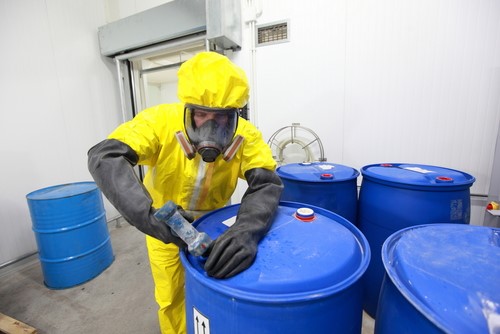
OVERVIEW
| COURSE TITLE | : | HE1943 : Industrial Hygiene Certification Program: BOHS-M507: Health Effects of Hazardous Substances (Accredited by the British Occupational Hygiene Society - BOHS) |
| COURSE DATE | : | Oct 19 - Oct 23 2025 |
| DURATION | : | 5 Days |
| INSTRUCTOR | : | Mr. Peter Jacobs |
| VENUE | : | Istanbul, Turkey |
| COURSE FEE | : | $ 8000 |
Course Description
- Provide definitions of commonly used toxicological terms
- Describe the main routes by which hazardous substances can enter the body, and the factors which influence their absorption, distribution, storage, and elimination
- Describe the main sources of information on hazardous substances and processes
- Describe the key features of the principal target organs affected by hazardous substances at work, and the factors which influence the degree of harm
- Describe the main routes of exposure and toxic and health effects for hazardous substances commonly encountered in the workplace
- Conduct basic interpretation of the results from epidemiological studies
This course is designed to provide participants with a detailed and up-to-date overview of BOHS-M507: Health Effects of Hazardous Substances. It covers the basic principles of toxicology including pharmacokinetics and dose response relationships; the toxicity testing and types of combined effects, general health effects, carcinogens, sensitisers and reproductive effects; the physiology and target organs including particles, gases and vapours, the lung as a target organ, allergic conditions and skin; and the nervous system, circulatory system, liver, kidney and reproductive system.
During the interactive course, paticipants will learn the epidemiology and the health effects and industrial processes covering risk and safety phrases, sources of information, gases, vapours and minerals, dusts, and particulate materials; the metals and their compounds, common industrial processes and specific industry profiles; and the principal toxic effects and sources of legionella and humidifier fever, infections of blood borne diseases, zoonoses, bloodborne infections, moulds, pandemics and genetic modification.
This course will require at least 45 hours of study time, of which at least 37 hours will be taught (teaching and practical assessments) and 8 hours will be independent (in the candidates’ own time).
TRAINING METHODOLOGY
This interactive training course includes the following training methodologies:
LecturesPractical Workshops & Work Presentations
Hands-on Practical Exercises & Case Studies
Simulators (Hardware & Software) & Videos
In an unlikely event, the course instructor may modify the above training methodology for technical reasons.
VIRTUAL TRAINING (IF APPLICABLE)
If this course is delivered online as a Virtual Training, the following limitations will be applicable:
| Certificates | : | Only soft copy certificates will be issued |
| Training Materials | : | Only soft copy materials will be issued |
| Training Methodology | : | 80% theory, 20% practical |
| Training Program | : | 4 hours per day, from 09:30 to 13:30 |
| Refrence | Date | Location | Instructor | Fee (USD) | Outline | Actions |
|---|---|---|---|---|---|---|
| HE1943 | Apr 20 - Apr 24 2026 (5 Days) | Abu Dhabi, UAE | Mr. Peter Jacobs | $ 7,500 | Outline | |
| HE1943 | Jul 12 - Jul 16 2026 (5 Days) | Al Khobar, KSA | Mr. Peter Jacobs | $ 7,500 | Outline | |
| HE1943 | Sep 20 - Sep 24 2026 (5 Days) | Istanbul, Turkey | Mr. Peter Jacobs | $ 8,000 | Outline | |
| HE1943 | Dec 06 - Dec 10 2026 (5 Days) | Dubai, UAE | Mr. Peter Jacobs | $ 7,500 | Outline | |
| HE1943 | Jan 10 - Jan 14 2027 (5 Days) | Cairo, Egypt | Mr. Peter Jacobs | $ 7,500 | N/A |
RELATED COURSES
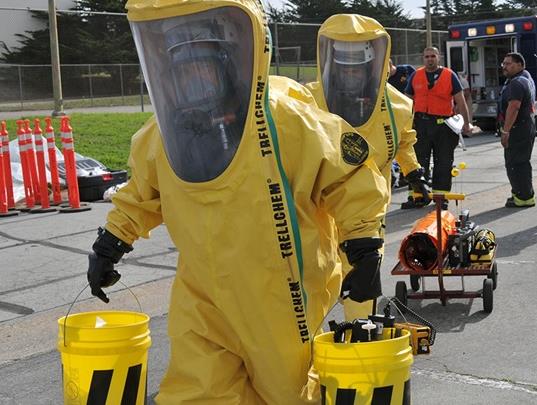
HE0581-3D : Certified Radiation Protection Officer (RPO) In-line with the Requirements of the Federal Authority for Nuclear Regulation (FANR)
- Date: Mar 02 - Mar 04 / 3 Days
- Location: Dubai, UAE
- Course Details Register
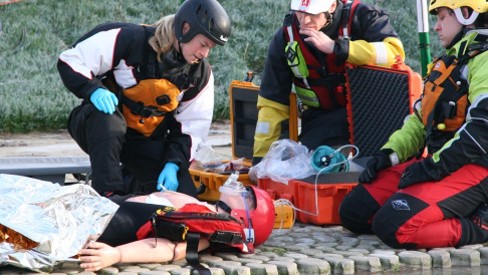
HE0970 : الإسعافات الأولية
- Date: Mar 29 - Apr 02 / 3 Days
- Location: Kuwait
- Course Details Register
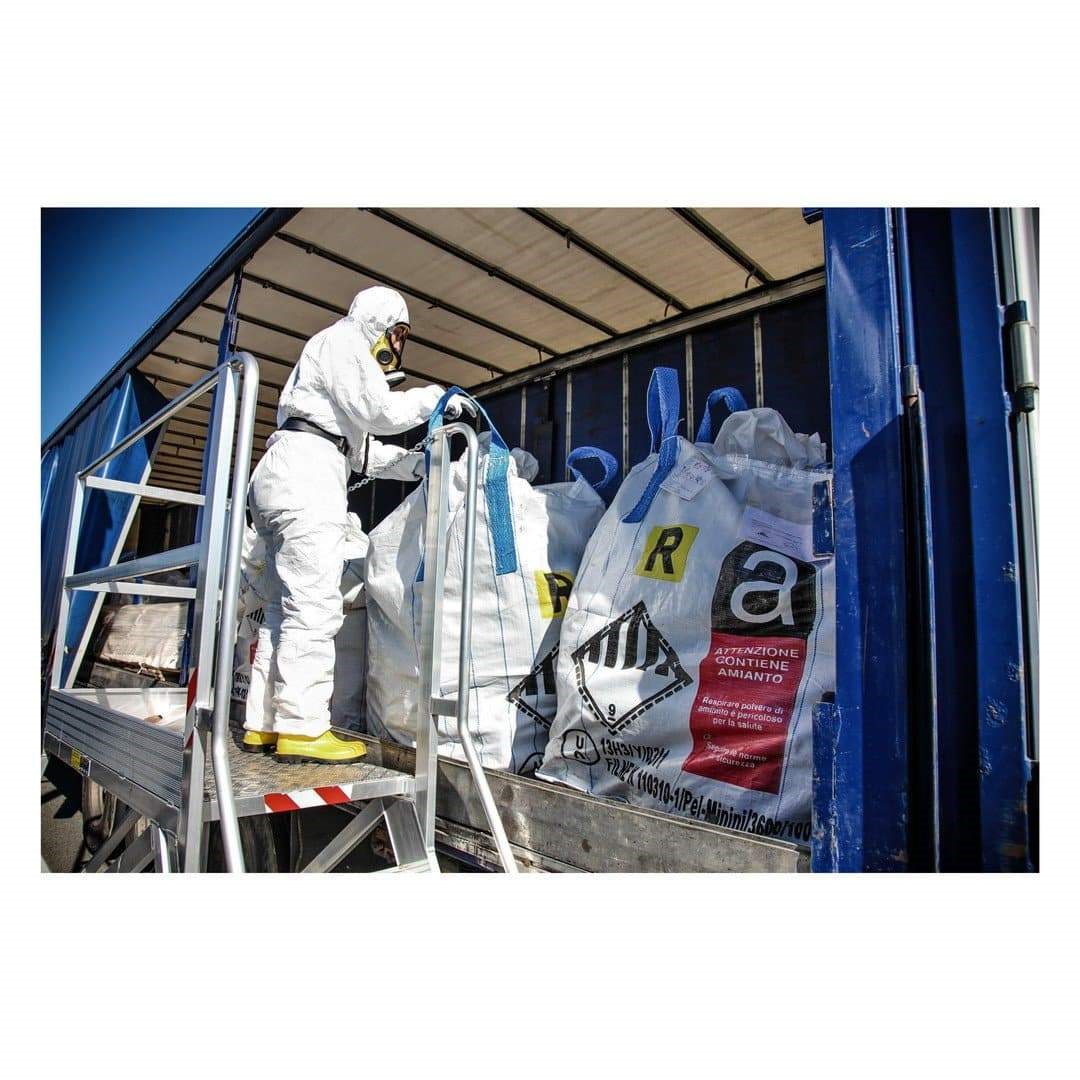
HE1939 : Industrial Hygiene Certification Program: BOHS-M504: Asbestos and Other Fibres (Accredited by the British Occupational Hygiene Society-BOHS)
- Date: Mar 29 - Apr 02 / 3 Days
- Location: Dubai, UAE
- Course Details Register
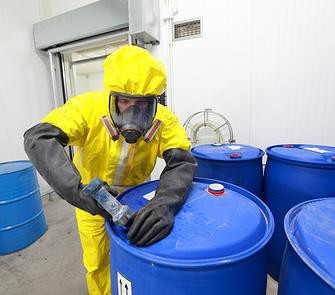
HE0904 : Basic Principles of Industrial Hygiene (Certified)
- Date: Mar 29 - Apr 02 / 3 Days
- Location: Al Khobar, KSA
- Course Details Register
